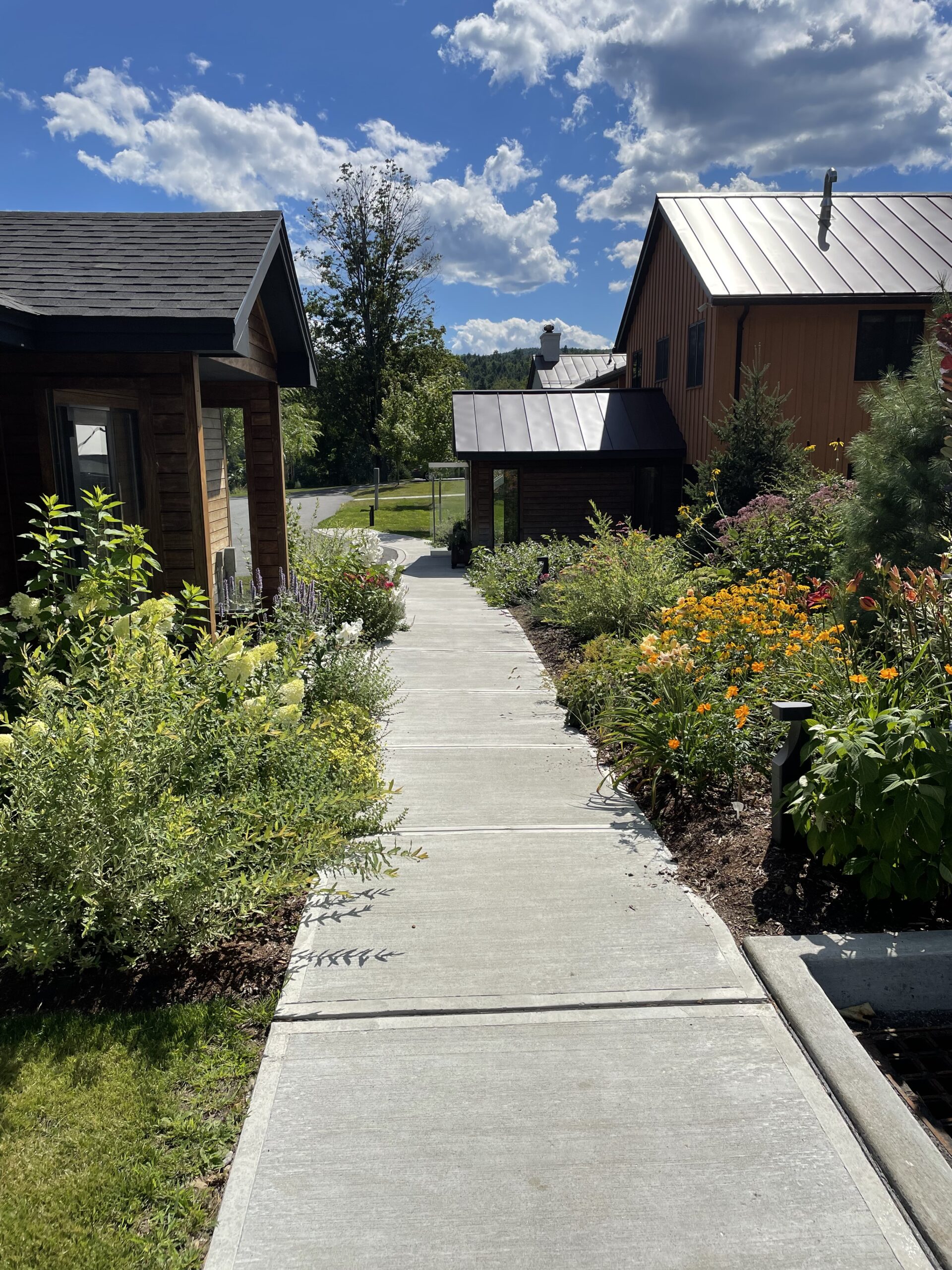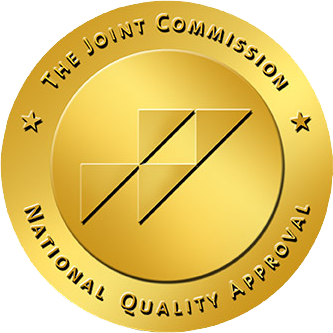As many as half of people diagnosed with bipolar disorder also fit the criteria for an alcohol use disorder, and even more use substances like marijuana and illicit drugs to try and manage their condition. However, misusing substances is not a cure or even a viable treatment. In fact, for most people, it leads to a dual diagnosis of bipolar disorder and addiction, both of which require extensive treatment.
At Sana at Stowe, we have worked with hundreds of individuals dealing with addiction alongside a co-occurring disorder, like bipolar, depression, or schizophrenia. Our safe and luxurious treatment center offers private, supportive treatment programs aimed at treating multiple conditions simultaneously. If you or someone you love is dealing with the long-term effects of bipolar disorder and addiction, our team is ready to create a personalized treatment plan that sets them on the path to recovery.
The Relationship Between Bipolar and Substance Abuse
Bipolar disorder is characterized by sudden and extreme emotional changes that cause high highs — mania — and low lows — depression. Someone with bipolar disorder can go through these cycles multiple times a month or year without any outward cause. In an attempt to regulate these emotions, many people turn to alcohol or drug use. Regardless of type, bipolar disorder has one of the highest rates of substance use crossover of any mental illness.
Can Drug Use Cause Bipolar Disorder?
No, drug use does not cause bipolar disorder, but it can make the disorder more intense and challenging to treat.
Despite this, there is a precedent for drug-induced bipolar disorder. Taking or misusing certain medications can lead to symptoms associated with bipolar, including mania and depression. This condition is not bipolar disorder, though it acts similarly. Treatment for drug-induced bipolar is much more straightforward. Typically, the person simply needs to stop using the medication for symptoms to abate.

Can Alcohol Trigger Bipolar Disorder?
Similarly, alcohol use does not make bipolar disorder appear, but it does share some interesting correlations:
- It’s thought that the genetic conditions that make someone predisposed to alcohol misuse are the same ones that lead to bipolar disorder.
- Drinking alcohol during manic periods can increase risk-taking behaviors and impulsivity.
- Drinking alcohol during depressive periods can enhance symptoms and increase the risk of suicidal thoughts or actions.
- When bipolar symptoms are at their height, drinking alcohol can contribute to a “bipolar blackout.” Like alcoholic blackouts, bipolar blackouts can encourage the person to act in ways they don’t normally. Later, the person will have trouble remembering their actions and consequences.
Pursuing Dual Diagnosis Treatment for Bipolar Disorder and Substance Use
When you deal with co-occurring disorders like addiction and bipolar, the treatment of one necessitates the treatment of the other. Even though they are not directly connected, each condition can feed into the other, making recovering from both even more challenging. Many people experiencing co-occurring disorders need the help of professionals experienced in dual diagnosis treatment, like the team at Sana at Stowe.
Sana’s beautiful treatment facility offers an escape from the conflicts of daily life and welcomes you to a gorgeous, private center where you can retreat from the world and focus on yourself. Our full staff of medical professionals takes a holistic, individualized approach to each person’s treatment, allowing us to develop a care plan that addresses their specific needs. While you’re here, you’ll have full access to amenities like comfortable, private rooms and nutritious meals from five-star chefs.
Connect With Sana at Stowe Today
When you’re relaxed and away from the stresses of daily life, we can put our full attention on understanding how you got here and what we can do to help you heal. We’ll be with you from the start of detox and through all your treatments and therapies until you’re ready to stand on your own and return to your life with the tools and skills that will help you maintain your sobriety and care for your mental health.
Connect with the coordinators at Sana at Stowe today. We want to see you recover as soon as possible.

Sana at Stowe has achieved accreditation and received
a Gold Seal of Approval® from The Joint Commission®.
This accreditation award verifies that Sana meets the most rigorous quality and patient safety standards of care, and shows a dedication to excellence across the full continuum of care. Learn more.

In-network with BlueCross BlueShield and OPTUM
Sana at Stowe is in-network with BlueCross BlueShield and OPTUM
and also accepts most out-of-network insurances, and accepts all private insurance. We provide financial assistance to help with the cost of treatment.


